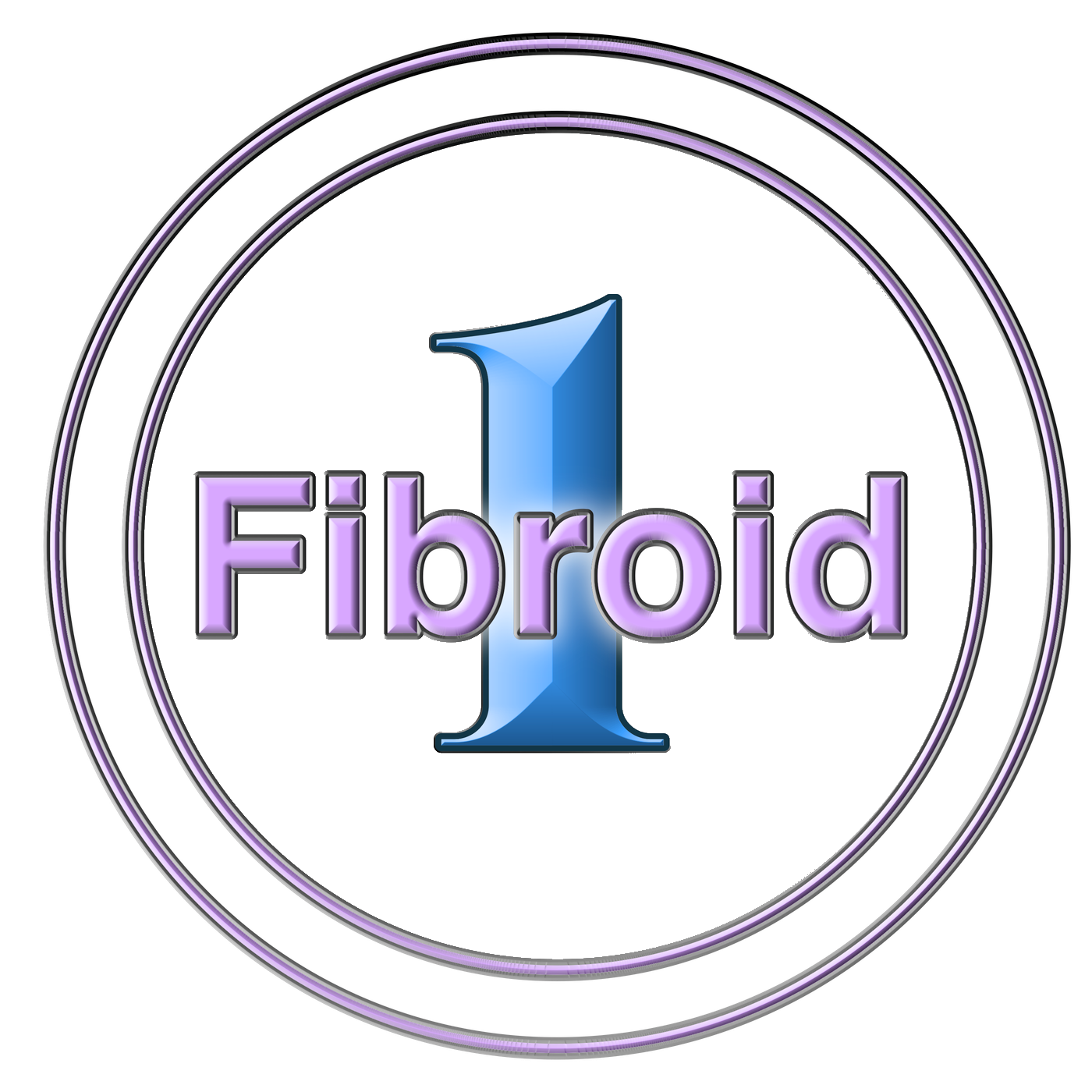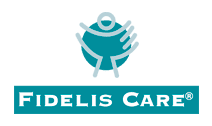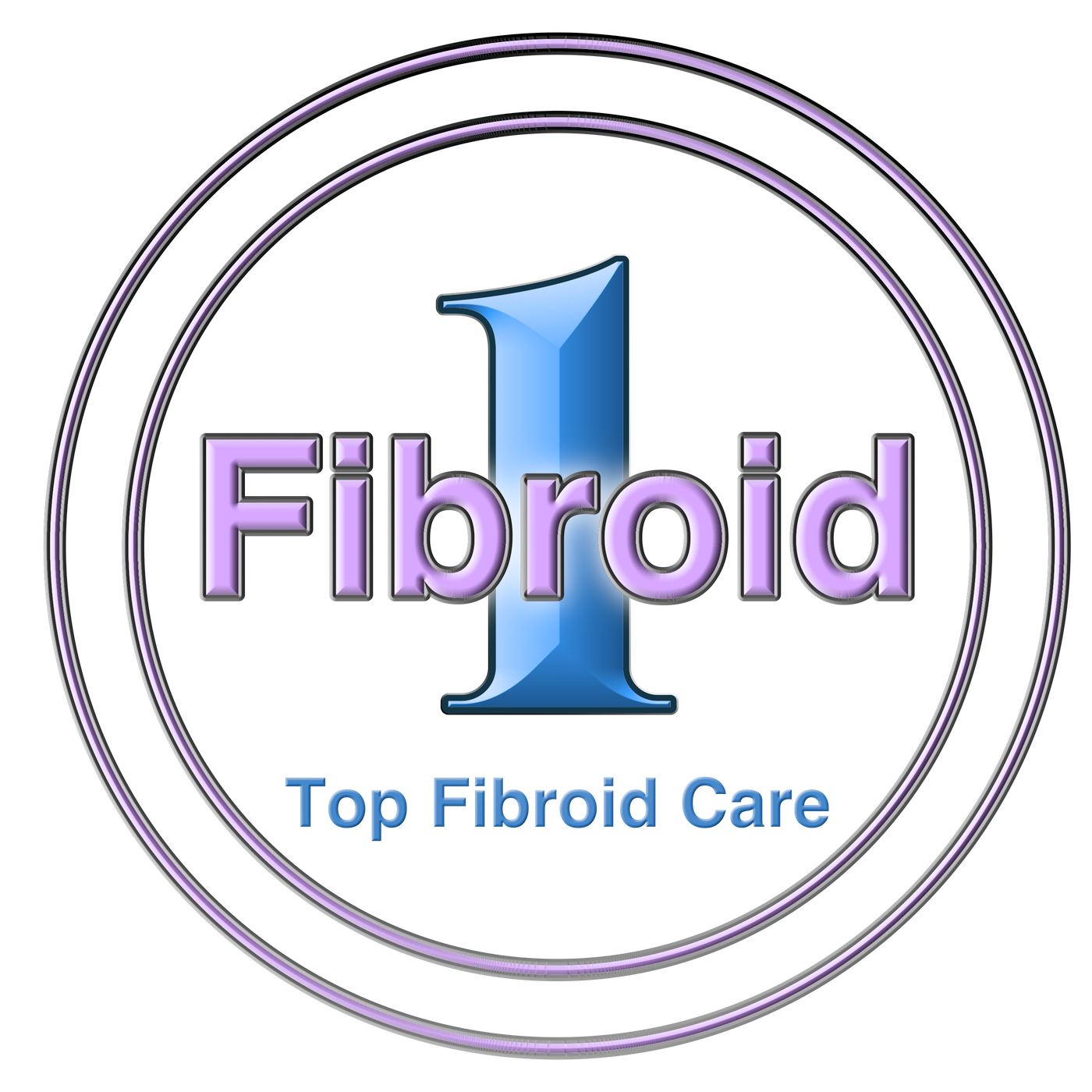What is Pelvic Congestion Syndrome?
Pelvic Congestion Syndrome (PCS) is a chronic condition that affects many women, often leading to persistent pelvic pain and discomfort. It’s caused by varicose veins in the pelvis that have become enlarged and engorged due to faulty valves, leading to poor blood flow. If you’re living with PCS, you may feel frustrated, isolated, or overwhelmed by your symptoms. Understanding the condition and exploring long-term management strategies can help you regain control and improve your quality of life.
Recognizing the Symptoms
PCS is characterized by a dull, aching pain in the lower abdomen and pelvis. This pain often worsens:
- After standing or sitting for long periods
- During or after sexual intercourse
- In the days leading up to your menstrual period
- After physical activity
Other symptoms may include visible varicose veins on the buttocks, thighs, or vaginal area, as well as urinary urgency or irritable bowel symptoms. Because these symptoms overlap with other conditions, PCS can be challenging to diagnose, making it essential to consult a healthcare provider experienced in pelvic disorders.
The Importance of a Correct Diagnosis
Accurate diagnosis is the first step in managing PCS effectively. Diagnostic tools may include:
- Pelvic Ultrasound: Helps visualize the pelvic veins.
- Magnetic Resonance Imaging (MRI): Provides detailed images of pelvic structures.
- Venography: An invasive test where dye is injected to highlight veins on X-rays.
A correct diagnosis can rule out other conditions like endometriosis or fibroids and ensure that you receive appropriate treatment.
Medical Management Options
Long-term management of PCS often involves a combination of medical treatments tailored to your specific needs.
Hormonal Therapies
Hormonal medications can help reduce symptoms by decreasing estrogen levels, which may contribute to vein dilation.
- Gonadotropin-Releasing Hormone (GnRH) Agonists: Temporarily induce menopause-like conditions to shrink varicose veins.
- Progestin Therapy: Balances hormones to reduce pelvic congestion.
While effective for some, these treatments can have side effects like hot flashes or bone density loss, so they’re typically used short-term.
Pain Management
Over-the-counter pain relievers like nonsteroidal anti-inflammatory drugs (NSAIDs) can help alleviate mild to moderate pain. For more severe pain, your doctor may prescribe medications.
Minimally Invasive Procedures
For long-term relief, minimally invasive procedures may be considered.
Pelvic Vein Embolization
This procedure involves inserting a catheter into the affected veins and releasing coils or sclerosant agents to block blood flow to the problematic veins.
Benefits:
- Minimally invasive with a short recovery time
- High success rate in reducing pain
Considerations:
- May experience mild backache or nausea post-procedure
- Follow-up imaging may be necessary
Surgical Options
In rare cases where other treatments fail, surgical interventions like vein ligation or hysterectomy may be discussed. These options are typically last resorts due to their invasive nature and potential impact on fertility.
Lifestyle Modifications
Implementing lifestyle changes can significantly impact symptom management.
Physical Activity
Regular exercise improves blood circulation and vein health.
- Low-Impact Exercises: Walking, swimming, or yoga can strengthen pelvic muscles without putting excessive strain on the body.
- Pelvic Floor Exercises: Strengthening these muscles can support pelvic organs and alleviate symptoms.
Dietary Changes
A balanced diet promotes overall vascular health.
- High-Fiber Foods: Prevent constipation, reducing pressure on pelvic veins.
- Hydration: Adequate water intake keeps blood vessels healthy.
- Limit Salt Intake: Reduces water retention and vein swelling.
Weight Management
Maintaining a healthy weight reduces pressure on pelvic veins, potentially lessening symptoms.
Compression Garments
Wearing compression stockings can improve blood flow in the lower body, providing symptom relief, especially during prolonged standing or sitting.
Emotional Well-Being and Support
Living with PCS can be emotionally taxing. Chronic pain may lead to feelings of frustration, anxiety, or depression.
Counseling and Therapy
Speaking with a mental health professional can provide coping strategies to manage the emotional impact of PCS.
Support Groups
Connecting with others who understand your experience can offer comfort and practical advice. Support groups, either in-person or online, provide a space to share stories and learn from others.
Mind-Body Techniques
Practices like meditation, deep-breathing exercises, and mindfulness can reduce stress and improve pain management.
Regular Medical Follow-Up
Consistent communication with your healthcare provider is crucial for long-term management.
Monitoring Progress
Regular check-ups allow your doctor to assess the effectiveness of treatments and make necessary adjustments.
Updating Treatment Plans
As symptoms change over time, your treatment plan may need to be revised. Open dialogue ensures that your care remains aligned with your needs.
Advocating for Your Health
Being proactive in your care can make a significant difference.
- Stay Informed: Educate yourself about PCS and the latest management strategies.
- Ask Questions: Don’t hesitate to seek clarification from your healthcare team.
- Second Opinions: If unsure, getting another professional perspective can provide reassurance.
Navigating Intimate Relationships**
PCS can affect sexual health due to pain during or after intercourse.
- Communication with Partners. Openly discussing your condition with your partner can foster understanding and support.
- Exploring Alternatives. Working with a sexual health specialist can help find comfortable solutions to maintain intimacy.
The Future is Optimistic
Advancements in medical research continue to improve the understanding and treatment of PCS. With a combination of medical interventions, lifestyle adjustments, and emotional support, many women find significant relief and lead fulfilling lives.
Managing Pelvic Congestion Syndrome is a journey that involves addressing physical symptoms and nurturing emotional well-being. By understanding the condition and actively participating in your care plan, you can take meaningful steps toward long-term relief. Remember, you’re not alone—support is available, and there are strategies to help you navigate this condition with resilience and hope.
1Fibroid Is Here To Support You
If you are living with pelvic congestion syndrome and curious about your treatment options, consider 1Fibroid. 1Fibroid is based in New York, with locations in both Manhattan and Queens.We are committed to women’s care, and offer non-invasive options such as medication, hormone therapy, and UFE procedures for fibroids, and solutions for other conditions such as adenomyosis. If you’re ready to live life without chronic pelvic pain, call us today at 212-991-9991.












